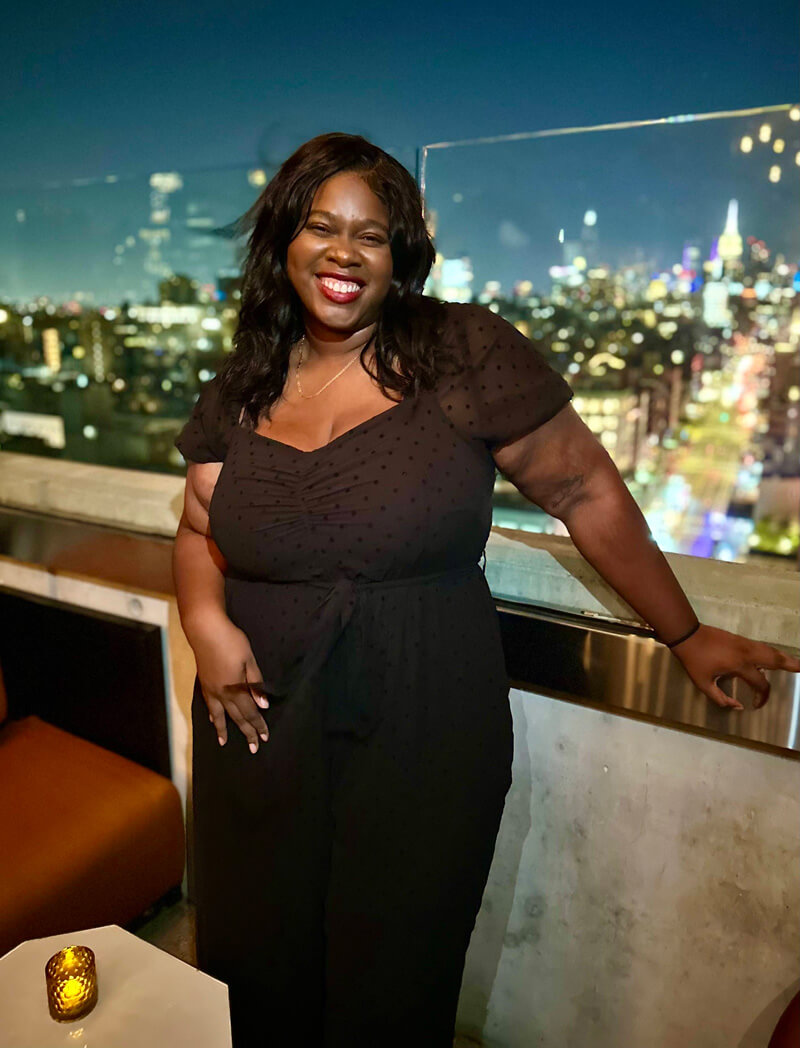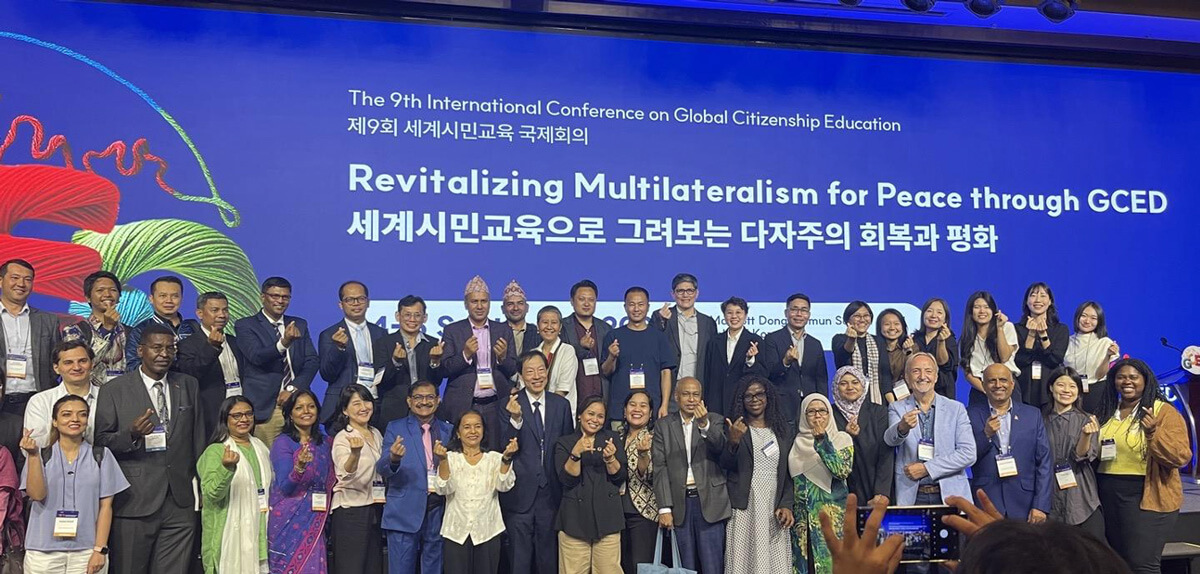On a warm September morning, I found myself in a buzzing hall surrounded by educators, practitioners, and youth leaders. The air was thick as participants began to engage in an activity about safe spaces—led by Dylan Wray, the Global Director of Human Responsibility Accelerator. The task before us? To step back in time to 1960s New York, embodying the perspective of a Black Puerto Rican man, and grapple with a seemingly simple decision: Should we help a white woman struggling with her kids on the train?
This was no ordinary exercise. It wasn’t about the right or wrong choice. Instead, it was an invitation to dive deep into the minds of others, to listen intently to opinions that might challenge our own, and to appreciate the rich diversity of thought. In a world increasingly divided—especially in the United States—this practice of fostering understanding and peace felt more crucial than ever.
This experience perfectly encapsulates the mission of organizations like APCEIU dedicated to promoting a culture of peace through education. They understand that the path to global harmony begins with exercises like these—where empathy and open dialogue take center stage.
Last Friday was my official ending at APCEIU, and while August 30th officially marked the end of my internship, complete with a certificate presentation, a memorable conversation with the director, and warm farewells from my team. The true culmination unfolded over the course of the following week—one filled with events that renewed my own personal goals and gave me hope for the future of education and beyond.


The week began with the Advanced Workshop on GCED for Alumni in 2024, where I participated in Mr. Wray’s thought-provoking exercise. By midweek, I transitioned into the role of Sangsaeng’s special reporter and rapporteur for the 9th Annual Global Citizenship Educational International Conference for Action and Pedagogy.
This year’s theme focused on Revitalizing Multilateralism for Peace through GCED. Audrey Osler's keynote speech set the tone for the next two days, stressing how fractured our world is today due to political and social tensions. Dr. Osler shared the current status of international education, the rising impact of youth in shaping our future, and actionable steps for fostering unity.

I also attended a workshop by Dr. Meredith Harbord and Sara Riaz Khan on tools that support conversations on ethical dilemmas like the “Thinking Generator Tool” or the “Clock Tool,” which allowed the breakdown of complex conversations like Covid Vaccine in 2020 and Global Food Shortages in our small groups. These tools were created as a tool for educators to support them in lesson planning, facilitate structured group discussions, stimulate critical thinking, and encourage empathy and understanding of multiple viewpoints.
As the conference progressed, the discussions centered around the timing and impact of the 2023 UNESCO Recommendation on Education for Peace, Human Rights, and Sustainable Development. Ai Kihara-Hunt emphasized the need for out-of-the-box thinking, noting that our traditional, in-the-box approaches aren’t leading to sustainable peace or human security. Sicong Chen addressed the complex and controversial nature of peace education in Northeast Asia, highlighting the challenges faced in the region.

But it wasn’t just the high-level concepts that left an impact—it was the raw, personal stories that truly resonated. One that stood out was Ludivina Burja-Dekit’s powerful account of being kidnapped while doing humanitarian work in Basilan, Philippines, in 2008. Her chilling experience was a turning point, pushing her to focus on understanding the root causes of violence because, as she pointed out, peace can never be achieved without addressing them. “There are lots of stories on the ground,” she shared, “but not many are told. When we return, we need to provide our students with the opportunity to share their stories.” Her words were a reminder that learning and peace-building begin with listening. By creating spaces for students to share their experiences, we lay the foundation for empathy, understanding, and, ultimately, change.

On Friday, I participated in the Technical Consultation Meeting on the GCED Curriculum Development and Integration Project (GCED CDI) and the GCED Cooperation Centre Programme (GCC). Representatives from countries like Nepal, Bhutan, Malaysia, Bangladesh, Thailand, the Philippines, and beyond gathered to share their experiences in weaving GCED into their curriculums, teacher training programs, and educational materials. They also discussed their roles as focal points for GCED in their communities. What struck me the most was how, despite the vast differences in their contexts and challenges, they shared similar goals—most notably, the focus on building capacity and strengthening teacher training and resources. A key takeaway from the day was that collaboration with educators, ensuring they not only understand GCED conceptually but also grasp its pedagogical approach, is essential for successful integration.


This week was the perfect conclusion to my summer with APCEIU. I want to extend my heartfelt thanks to the IGCED team—Jeongmin, Unkyung, Haesoo, Jisu, Ha Eun, and Gyurin. Thank you for welcoming me into the team and allowing me to experience firsthand the incredible work IGCED does within APCEIU. The impact of your work is immense, reaching communities across the globe and shaping the future of global citizenship education. You’ve shown me just how transformative GCED can be when paired with the right resources and dedicated effort.
As I reflect on my summer with APCEIU, one phrase from this final week stands out in my mind: “Small people and small actions can collectively change the world.” It’s a message that perfectly captures the spirit of global citizenship—the belief that even the smallest efforts, when combined, can spark meaningful change.

Micha is a Master’s Candidate in International Education at the George Washington University. Micha continues living in Seoul as a David L. Boren Fellow studying Korean. Her passion and expertise lie in supporting the educational experiences of marginalized students.


